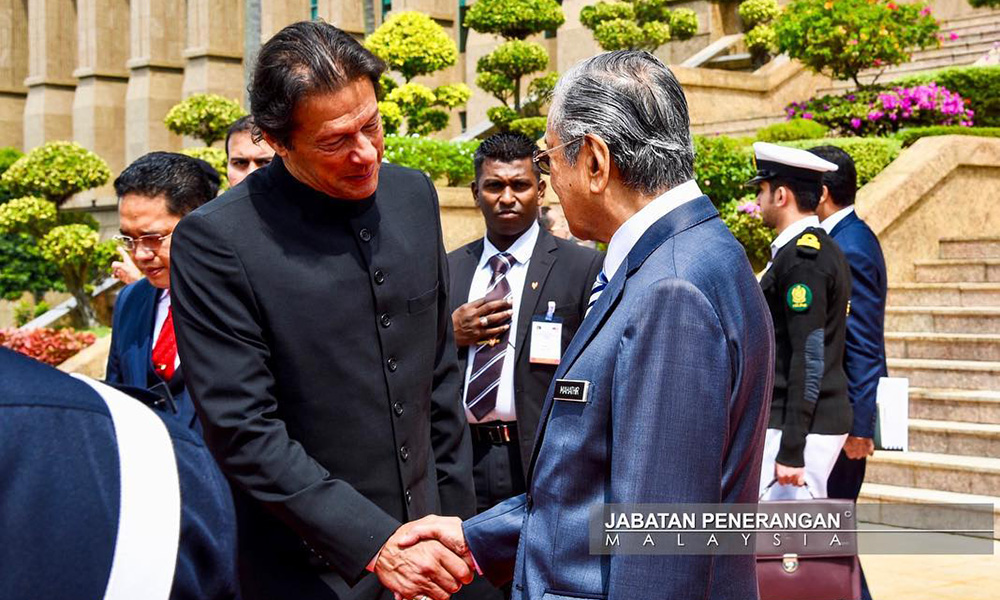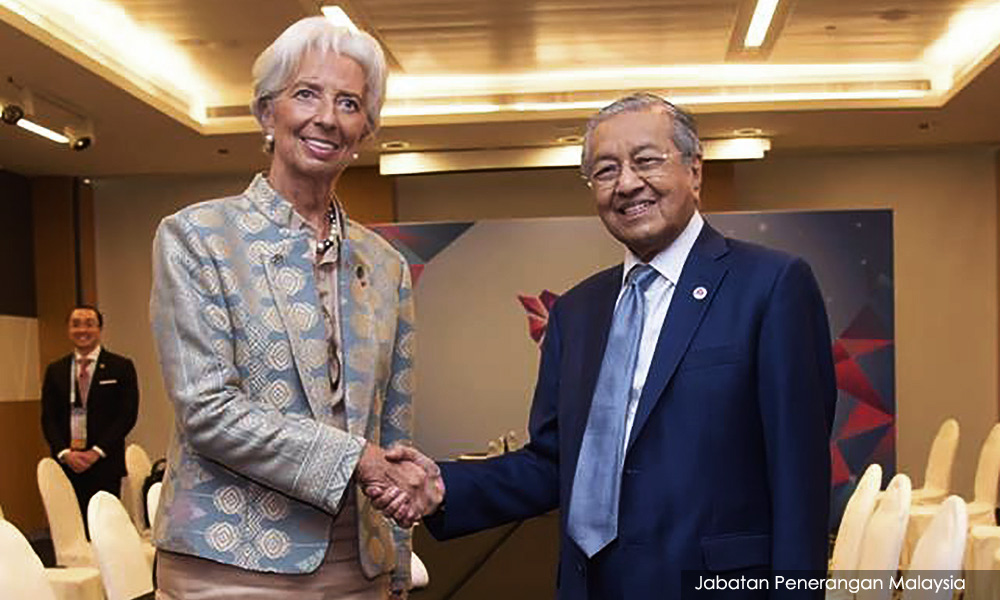
Published by Malaysiakini, images from Malaysiakini.
Strip away all the salacious history of Imran Khan and look at his commitment to Pakistan over the last 26 years alone. What the picture is able to tell us is about a man on a mission. In fact, a prime minister on a mission to change the trajectory of the country.
Pakistan, unknown to many, is one of the most strategic countries in the world. Professor Paul Kennedy of Yale University called it a “pivotal state”. If it falls or fails, the rest of the South Asia region collapses together with it.
By this token, the importance of Pakistan is equal, if not more than countries like Mexico, Brazil, Algeria, Egypt, Indonesia, South Africa and Turkey.
And Pakistan, in spite of its endemic struggle with an extremist radicalism that spawned from within or poured into the country through Afghanistan, is one of the most generous countries too.
Decades after the end of the Soviet invasion for the Afghan war in 1990, it remains host to millions of Afghan refugees. Not surprisingly, Pakistan’s economic performance is often marked by turbulence, rather than rational exuberance that is aligned with the animal spirit of free market capitalism.
When Imran became the prime minister of Pakistan in August, he was immediately saddled with the problem of finding some US$18 billion to overcome the nation’s financial quandary.
Going to the IMF, while certainly an option, would have compelled the financial watchdog to check all its dealings with China, a development that would have undermined Pakistan’s strategic and delicate relationship with China as its “iron brother”.
Instead, Imran has had to make a trip to China to express his appreciation to Beijing, short of begging China for help. It has never been the nature nor inclination of Islamabad to do so.
Owning the seas
In coming to Malaysia, Imran is showing the importance he places on his relationship with Dr Mahathir Mohamad.

One should not forget that just days ago, Christian Lagarde (photo), the managing director of IMF, had also sought Mahathir’s views on how he will restore Malaysia’s firm footing after nearly nine years of grand larceny by the administration of Umno and BN.
In other words, Imran is coming at the right time and is meeting the right person. Not surprisingly, he is making it a point to visit the MACC too, which is at the forefront of the anti-corruption drive.
If Pakistan can work hand-in-hand with Malaysia and indeed with Indonesia in Looking East, the entire span of the sea from the Indian Ocean that leads into the Straits of Malacca up to the South China Sea are theirs for the keeping – for the lack of a better term.
Of course, none of these countries will block or prevent any ships from travelling freely across these ocean fronts but this will showcase the maritime depth they have and the promise to collaborate even more deeply with India and China.
If need be, Pakistan can also work with Malaysia and Indonesia to enhance the Quadrilateral Security Dialogue that is formed of Japan, Australia, the US and India.
Any which way, Pakistan’s interest would be better served with a Look East strategy which Mahathir and prime minister-in-waiting Anwar Ibrahim both support.
Dr. Rais Hussin is President & CEO of EMIR Research, an independent think tank focused on strategic policy recommendations based on rigorous research.

